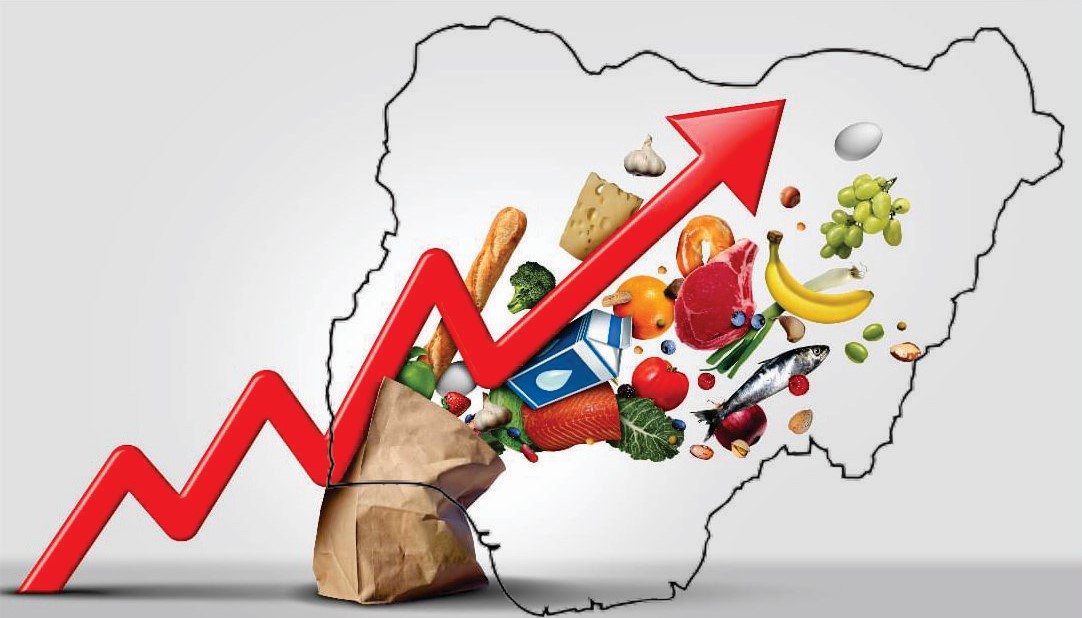Business
Nigeria’s Inflation Drops to 22.22% Despite Rising Food Costs
Despite the drop in headline inflation, food inflation continues to pressure household finances.

Nigeria’s inflation rate dropped for the second consecutive month in June 2025, falling to 22.22 per cent, according to the latest data released by the National Bureau of Statistics (NBS) on Wednesday.
This marks a 0.75 percentage point decline from 22.97 per cent in May and a notable decrease from 34.19 per cent recorded in June 2024.
Despite the drop in headline inflation, food inflation continues to pressure household finances. Month-on-month, food prices rose to 3.25 per cent in June, up from 2.19 per cent in May, driven by price hikes in key staples such as dried green peas, fresh pepper, crayfish, white dried shrimps, and meat.
However, on a year-on-year basis, food inflation eased sharply to 21.97 per cent from 40.87 per cent in June 2024. The NBS attributes this steep drop to the rebasing of the Consumer Price Index (CPI), which shifted the base year to 2024, thus distorting direct annual comparisons.
The average annual food inflation for the 12 months ending in June 2025 stood at 28.28 per cent, down from 35.35 per cent in the previous year.
Urban and Rural Inflation Breakdown
The urban inflation rate in June was 22.72 per cent (year-on-year), down from 36.55 per cent in June 2024. On a month-on-month basis, it rose to 2.11 per cent, compared to 1.40 per cent in May.
Rural inflation was 20.85 per cent in June 2025, a decline from 32.09 per cent recorded the same time last year. Month-on-month, the rate fell sharply to 0.63 per cent, down from 1.83 per cent in May.
DON’T MISS: Naira Surges to 4-Month High, Trades at N1,520/$
The 12-month average Consumer Price Index (CPI) change was 26.58 per cent, a drop from 30.00 per cent in June 2024.
Monetary Policy Outlook
With inflation showing signs of cooling, analysts believe the Central Bank of Nigeria (CBN) may consider a hold or even a rate cut in its next Monetary Policy Committee (MPC) meeting next week.
The CBN held its benchmark interest rate at 27.50 per cent in May to observe how inflation and other key indicators evolve. But with commodity prices softening, including those in petroleum and agriculture, and the country entering its mid-year harvest season, some experts predict easing could be on the table.
Still, food inflation remains a major concern. Experts say efforts must now shift toward improving supply chains and mitigating the cost burden on low-income households.























You must be logged in to post a comment Login